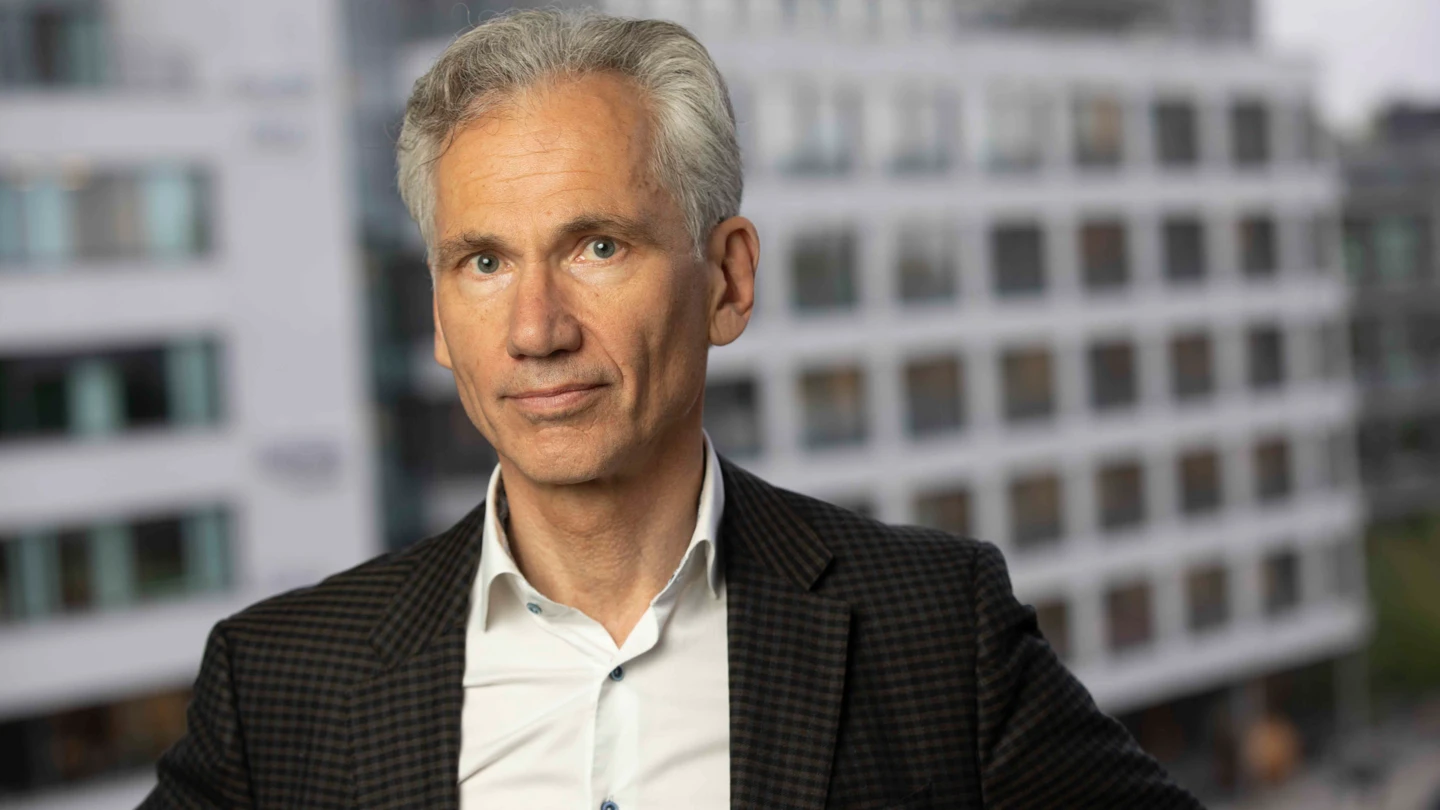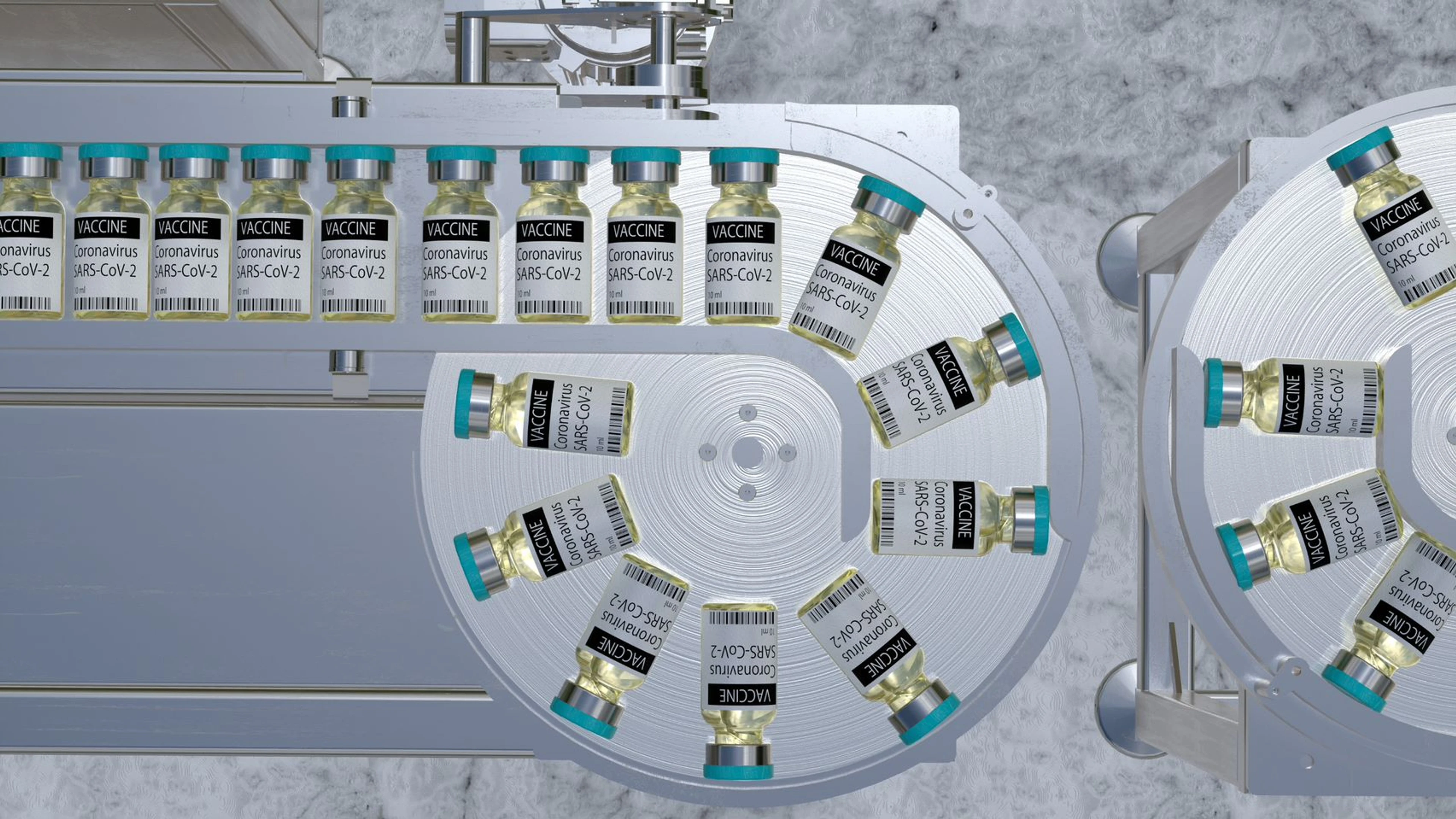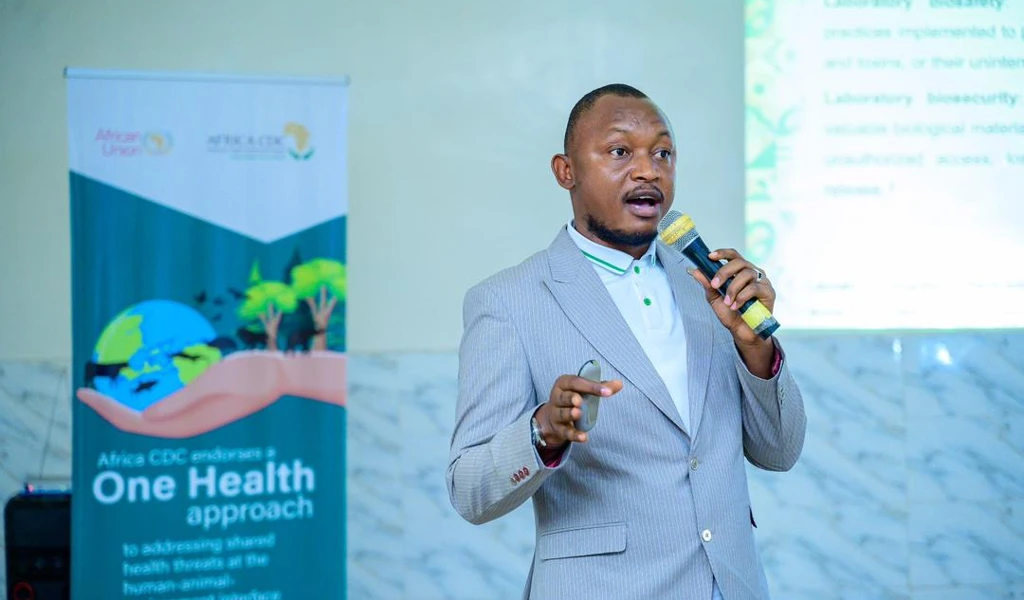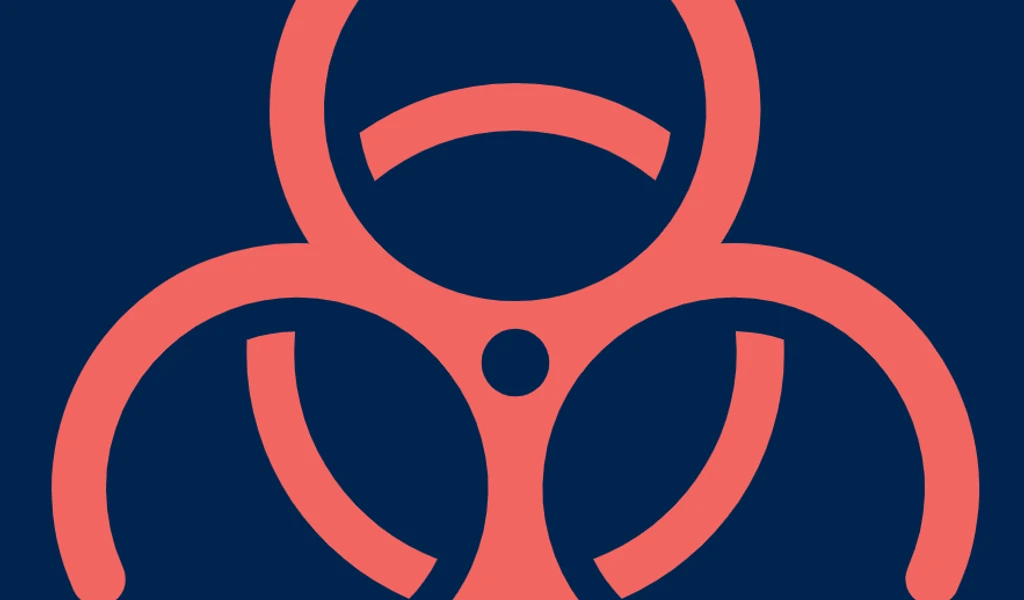By Dr. Frederik Kristensen, Inaugural Managing Director of the Regionalized Vaccine Manufacturing Collaborative and former Deputy CEO of CEPI.
It is with great energy and determination that I take up my new role as Managing Director of the Regionalized Vaccine Manufacturing Collaborative (RVMC) secretariat. I’m particularly enthused about the pivotal role that this Collaborative can play in fostering equitable vaccine access worldwide.
The stark disparities in vaccine distribution during the COVID-19 pandemic have underscored the urgency of the mission. While rich countries in the north benefited from prompt vaccine availability, those in the Global South were left behind. The need for a new, reformed, regionally-oriented approach to sustainable vaccine production and distribution was clear.
Over the past year, I have watched the RVMC’s progress in increasing vaccine equity through the promotion of sustainable, regional vaccine manufacturing networks. It is an exciting time to join, as the Collaborative transitions from convening, advocacy and thought leadership to hands-on implementation.
Significant progress is already evident, with several nations and regions advancing regionalized vaccine manufacturing initiatives. Notable examples include dedicated efforts led by Africa CDC, PAHO in the Latin America and Caribbean region, interesting aspirations in the Middle East and political initiatives in the ASEAN region. Indonesia, India, and now Brazil have all championed regional diversification as part of their G20 Presidencies.
The economic and health benefits are likely major. Scenario-modeling studies from India and countries across ASEAN and Africa demonstrate that investing in regional vaccine manufacturing programs provide much higher societal returns than national ones, and that the economic benefits would likely exceed total costs faster than national programs; after only five years. Such opportunities have spurred a series of investments in regionalized vaccine manufacturing – from the European Commission, several national governments, Gavi, CEPI and from the Bill & Melinda Gates Foundation to mention a few. Many international development banks are also seeking to expand their investments in this area. Companies are investing and supporting in several regions. The RVMC will be well positioned to help align these efforts, acting as a platform for exchanging lessons to avoid mis-investments, accelerate action, and support long-term sustainability.
I am grateful that the RVMC will have the continued support from its founders and partners: CEPI, which has co-chaired the initiative and will host and fund the secretariat over the next three years; the U.S. National Academy of Medicine, the other co-chair; WEF, which has incubated us since our launch in 2022; Africa CDC; the Pan-American Health Organization; Deloitte and World Bank Group.
As we kick off this next phase, we will provide support across the pillars of the RVMC Framework: sustainable financial and business models, technology transfers and strengthened R&D and innovation capacities, workforce development and collaborations, optimizing supply chains, regulatory efficiency, regional governance and fit-for-purpose policies.
In the next few months, I will engage with stakeholders in all regions to understand their perspectives. Getting this input will be critical to the continued development of the Collaborative through its second phase and to ensuring it supports the specific goals and needs of countries, regions, and corporations alike.
It’s time for leaders to think globally, coordinate regionally and act locally. I look forward to collaborating with all partners to enhance equitable vaccine access, strengthen global pandemic preparedness, and save lives.
Dr Frederik Kristensen
Inaugural Managing Director of the Regionalized Vaccine Manufacturing Collaborative




.webp)
